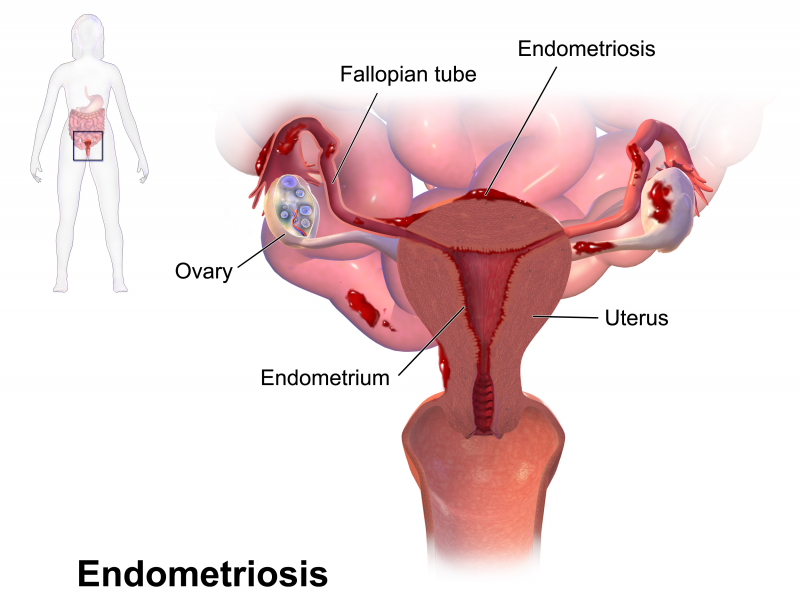In 2016, a Minstry-led taskforce was formed to investigate diagnosis and management of endometriosis and pelvic pain.
But Deborah Bush feels like progress is slow and the Ministry doesn’t care.
“Even having some money there to help us go to the meetings, to help us do the work between the meetings would be most helpful.”
The Ministry of Health declined a request for an interview but, in a statement, Chief Medical Officer for the Ministry of Health Dr. Andrew Simpson acknowledged that diagnosis was a key issue.
"There is variation in the way this condition is diagnosed and treated around the country, and it is important that there is better consistency in the pathway for these patients."
32-year-old Kristyl Martin has had more 16 laparoscopies since she was 14, and says the lack of understanding amongst doctors is irresponsible.
It's a common misconception that pregnancy is a cure for endometriosis.
"I got told when I was 17 that I needed to have a child and that would be the only way to get rid of my endometriosis and I should get pregnant right now."
Endometriosis New Zealand’s project co-ordinator, Heather Pearson suggests endometriosis should fall under mental health funding.
“We have so many girls and women who contact us who are having real issues with mental health because of endometriosis.”
However Simpson says that mental health is in its own category.
“Mental health services are not provided on the basis of what has caused the mental health issue. If someone is struggling with mental health issues because of endometriosis, they would be eligible for mental health services”.
Deborah Bush says another crucial area in need of funding is education.
None of the women I interviewed said there was any education around endometriosis when they were at school, aside from 22-year-old Jess, who is on the waiting list for a diagnostic laparoscopy to find out if she has endometriosis.
Jess started experiencing pain during her period from the age of 14, but didn’t know what endometriosis was until a presentation at her school called the 'ME' Programme - 'ME' standing for Menstrual Health and Endometriosis - an education programme in New Zealand schools.

